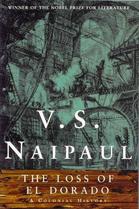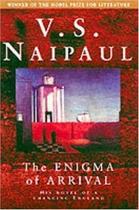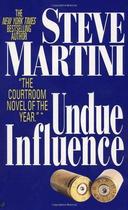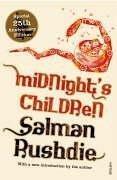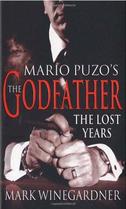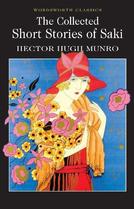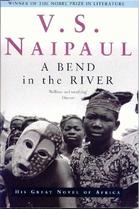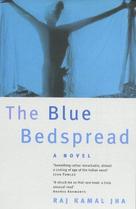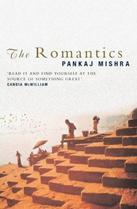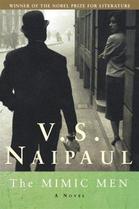 29.0%OFF
29.0%OFF

Download App
| >> | LShop | >> | Book | >> | Literature & Literar... | >> | Literature: History ... | >> | Whose India?: The In... |
 29.0%OFF
29.0%OFF
Whose India?: The Independence Struggle in British and Indian Fiction and History
-
ISBN
:
9780822317081
-
Publisher
:
Duke University Press Books
-
Subject
:
Literature: History & Criticism, Modern & Contemporary Fiction (post C 1945)
-
Binding
:
HARDCOVER
-
Pages
:
248
-
Year
:
1996
₹
6820.0
 29.0% OFF
29.0% OFF
₹
4842.0
Buy Now
Shipping charges are applicable for books below Rs. 101.0
View DetailsEstimated Shipping Time : 5-7 Business Days
View Details-
Description
For centuries, India has captured our imagination. Far more than a mere geographical presence, India is also an imaginative construct shaped by competing cultures, emotions, and ideologies. In Whose India? Teresa Hubel examines literary and historical texts by the British and Indian writers who gave meaning to the construct x201C;Indiax201D; during the final decades of the Empire. Feminist and postcolonial in its approach, this work describes the contest between British imperialists and Indian nationalists at that historical moment when India sought to achieve its independence; that is, when the definition, acquisition,and ownership of India was most vehemently at stake.Hubel collapses the boundary between literature and history by emphasizing the selected nature of the x201C;factsx201D; that comprise historical texts, and by demonstrating the historicity of fiction. In analyzing the orthodox construction of the British/Indian encounter, Hubel calls into question assumptions about the end of nationalism implicit in mainstream histories and fiction, which generally describe a battleground on which only ruling-class Indians and British meet. Marginalized texts by women, untouchables, and overt imperialists alike are, therefore, examined alongside the well-known work of figures such as Rudyard Kipling, Jawaharlal Nehru, E. M. Forster, and Mahatma Gandhi.In Whose India? discursive ownership and resistance to ownership are mutually constructing categories. As a result, the account of Indian nationalism and British imperialism that emerges is much more complicated, multivocal, and even more contradictory than previous studies have imagined. Of interest to students and scholars engaged in literary, historical, colonial/postcolonial, subaltern, and Indian studies, Whose India? will also attract readers concerned with gender issues and the canonization of texts.
-
Author Biography
Teresa Hubel is Assistant Professor of English, Huron College, University of Western Ontario.
Related Items
-
of







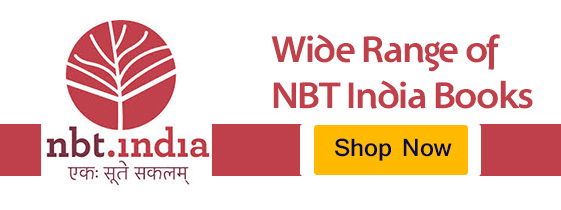




 4842.0
4842.0





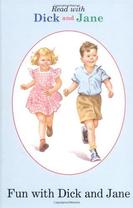
 230.0
230.0

